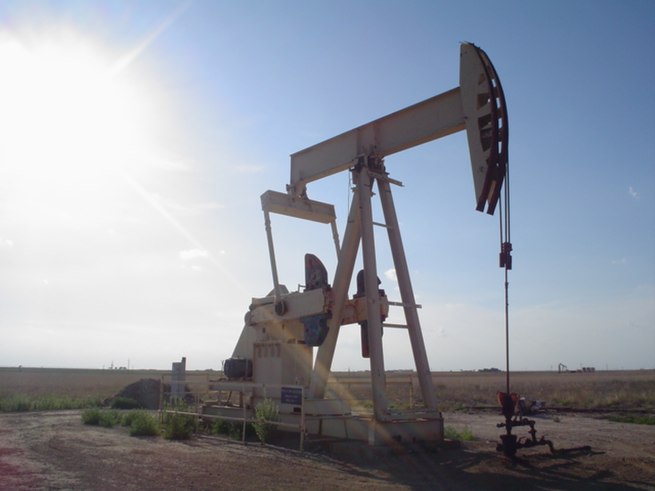Main Difference
The main difference between Petrolatum and Petroleum is that the Petrolatum is a chemical substance used as lubricating agent and Petroleum is a naturally occurring flammable liquid.
-
Petrolatum
Petroleum jelly, petrolatum, white petrolatum, soft paraffin/paraffin wax or multi-hydrocarbon, CAS number 8009-03-8, is a semi-solid mixture of hydrocarbons (with carbon numbers mainly higher than 25), originally promoted as a topical ointment for its healing properties.
After petroleum jelly became a medicine chest staple, consumers began to use it for many ailments, as well as cosmetic purposes, including toenail fungus, genital rashes (non-STD), nosebleeds, diaper rash, and chest colds. Its folkloric medicinal value as a “cure-all” has since been limited by better scientific understanding of appropriate and inappropriate uses. It is recognized by the U.S. Food and Drug Administration (FDA) as an approved over-the-counter (OTC) skin protectant and remains widely used in cosmetic skin care.
-
Petroleum
Petroleum () is a naturally occurring, yellow-to-black liquid found in geological formations beneath the Earth’s surface. It is commonly refined into various types of fuels. Components of petroleum are separated using a technique called fractional distillation, i.e. separation of a liquid mixture into fractions differing in boiling point by means of distillation, typically using a fractionating column.
It consists of hydrocarbons of various molecular weights and other organic compounds. The name petroleum covers both naturally occurring unprocessed crude oil and petroleum products that are made up of refined crude oil. A fossil fuel, petroleum is formed when large quantities of dead organisms, usually zooplankton and algae, are buried underneath sedimentary rock and subjected to both intense heat and pressure.
Petroleum has mostly been recovered by oil drilling (natural petroleum springs are rare). Drilling is carried out after studies of structural geology (at the reservoir scale), sedimentary basin analysis, and reservoir characterisation (mainly in terms of the porosity and permeability of geologic reservoir structures) have been completed. It is refined and separated, most easily by distillation, into a large number of consumer products, from gasoline (petrol) and kerosene to asphalt and chemical reagents used to make plastics and pharmaceuticals. Petroleum is used in manufacturing a wide variety of materials, and it is estimated that the world consumes about 95 million barrels each day.
Concern over the depletion of the earth’s finite reserves of oil, and the effect this would have on a society dependent on it, is a concept known as peak oil. The use of fossil fuels, such as petroleum, has a negative impact on Earth’s biosphere, damaging ecosystems through events such as oil spills and releasing a range of pollutants into the air including ground-level ozone and sulfur dioxide from sulfur impurities in fossil fuels. The burning of fossil fuels plays a major role in the current episode of global warming.
-
Petrolatum (noun)
petroleum jelly
-
Petroleum (noun)
a flammable liquid ranging in color from clear to very dark brown and black, consisting mainly of hydrocarbons, occurring naturally in deposits under the Earth’s surface
“oil|gas|gasoline|petroil|petrol”
-
Petrolatum (noun)
another term for petroleum jelly
-
Petroleum (noun)
a liquid mixture of hydrocarbons which is present in suitable rock strata and can be extracted and refined to produce fuels including petrol, paraffin, and diesel oil; oil.

